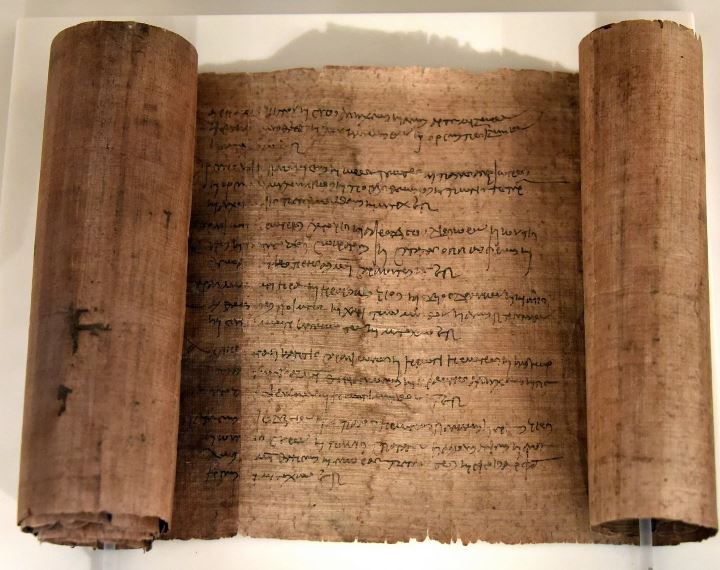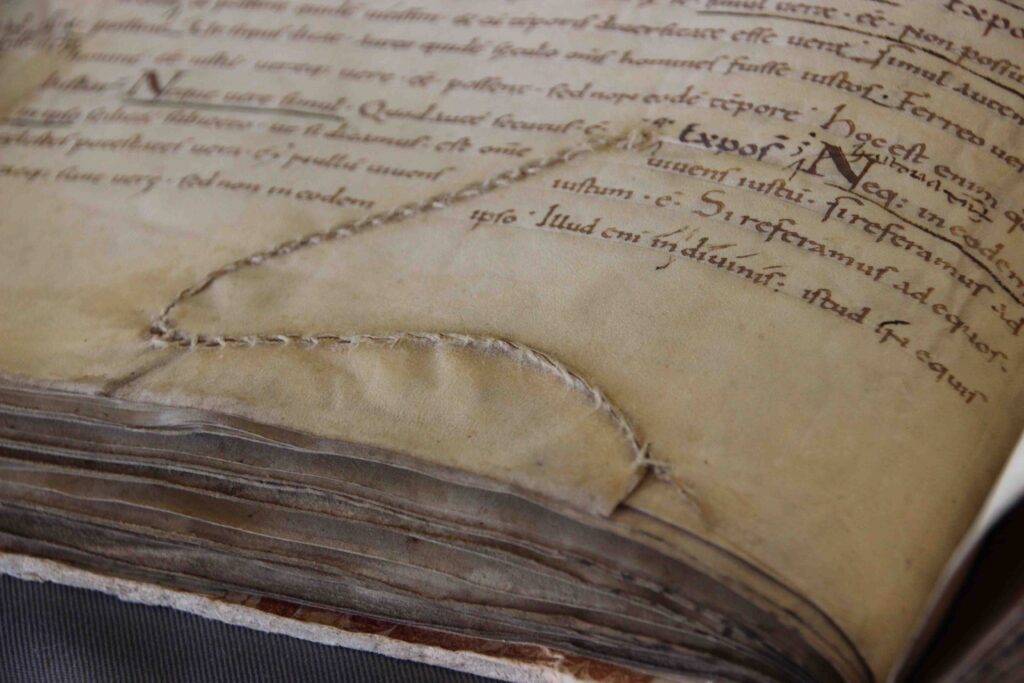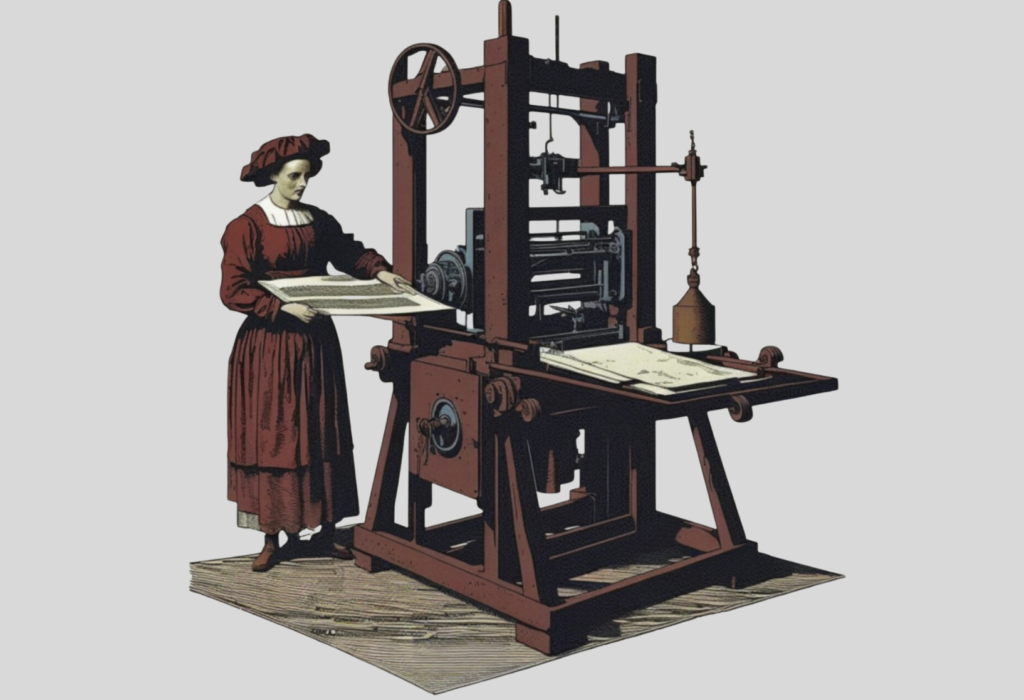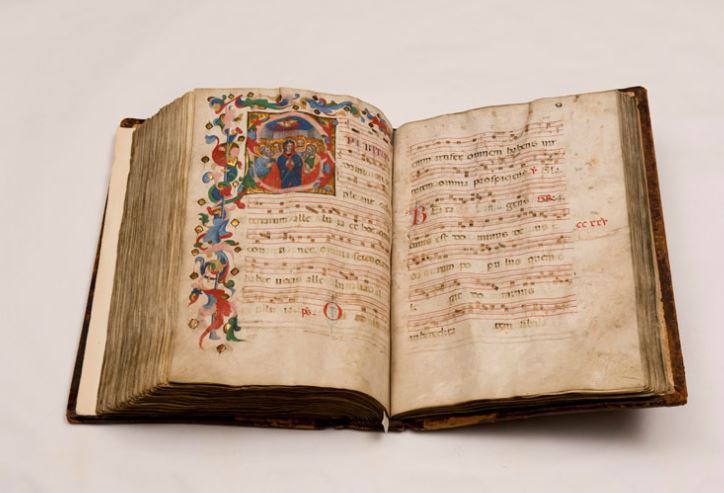The history of books is a captivating journey that spans millennia, reflecting the evolution of human knowledge and communication. From ancient civilizations etching their thoughts on scrolls to the digital age of e-books, each chapter in the story of books showcases the ingenuity, perseverance, and cultural exchange of humankind. Let us embark on a compelling expedition to explore the fascinating history of books, with a focus on key milestones and transformative moments that have shaped the way we share information and stories.
Papyrus Scrolls: Ancient Beginnings
The history of books dates back to ancient times when humans first sought to preserve their knowledge in written form. One of the earliest writing materials was papyrus, a plant-based material used by the ancient Egyptians around 3100 BCE. Scribes meticulously inscribed information on these papyrus scrolls, which encompassed religious texts, administrative records, and literary works, providing a tangible foundation for the written word.

The Manuscript Era: Monasteries and Illuminated Manuscripts
As civilization progressed, the medieval era witnessed the flourishing of manuscripts. Monasteries and scriptoriums became centers of knowledge and literacy, where skilled scribes carefully handcrafted manuscripts on parchment and vellum. These painstakingly created works often featured elaborate illustrations and decorative elements, known as illuminated manuscripts, that exemplified the artistic dedication devoted to preserving knowledge.

The Gutenberg Revolution: Birth of the Printing Press
The turning point in the history of books occurred in the 15th century with the invention of the printing press by Johannes Gutenberg. His groundbreaking movable type system allowed for faster and more efficient printing of texts, making books accessible to a broader audience. In 1455, Gutenberg’s Bible became the first major book printed using this revolutionary method, sparking a wave of cultural transformation known as the “Gutenberg Revolution.”

The Renaissance: Books and the Spread of Ideas
The Renaissance era witnessed a remarkable surge in book production, which played a pivotal role in disseminating knowledge, philosophy, and scientific discoveries. The accessibility of printed materials during this period led to an intellectual and cultural reawakening, as ideas from across Europe and beyond were exchanged, shaping the course of history.

The Industrial Age: Books for the Masses
The Industrial Revolution ushered in a new era of book production, marked by increased efficiency and affordability. Innovations like the steam-powered press and the introduction of paperback books democratized access to literature, allowing books to reach a wider readership. This era marked the beginning of modern publishing houses, further fueling the dissemination of knowledge and creativity.

The Digital Revolution: Books in the 21st Century
In recent decades, the advent of the digital age has presented yet another significant chapter in the history of books. The rise of e-books and digital publishing platforms has transformed the reading experience, offering readers instant access to vast libraries of titles at their fingertips. The convenience and portability of digital books have revolutionized the way we consume literature, bringing books to the digital realm and bridging the gap between traditional and modern formats.

Conclusion
The history of books is a testament to the human pursuit of knowledge and the power of written communication. From ancient papyrus scrolls to the digital age of e-books, books have been integral to the fabric of society, transcending time and connecting generations. Each step in the evolution of books represents a triumph of ingenuity and a dedication to preserving our collective heritage.
As we reflect on this incredible journey, let us appreciate the enduring legacy of books as carriers of culture, inspiration, and wisdom. Whether we cherish the tactile experience of turning physical pages or embrace the convenience of digital reading, the history of books reminds us of the boundless possibilities that words hold and the extraordinary impact they can have on shaping our world.







